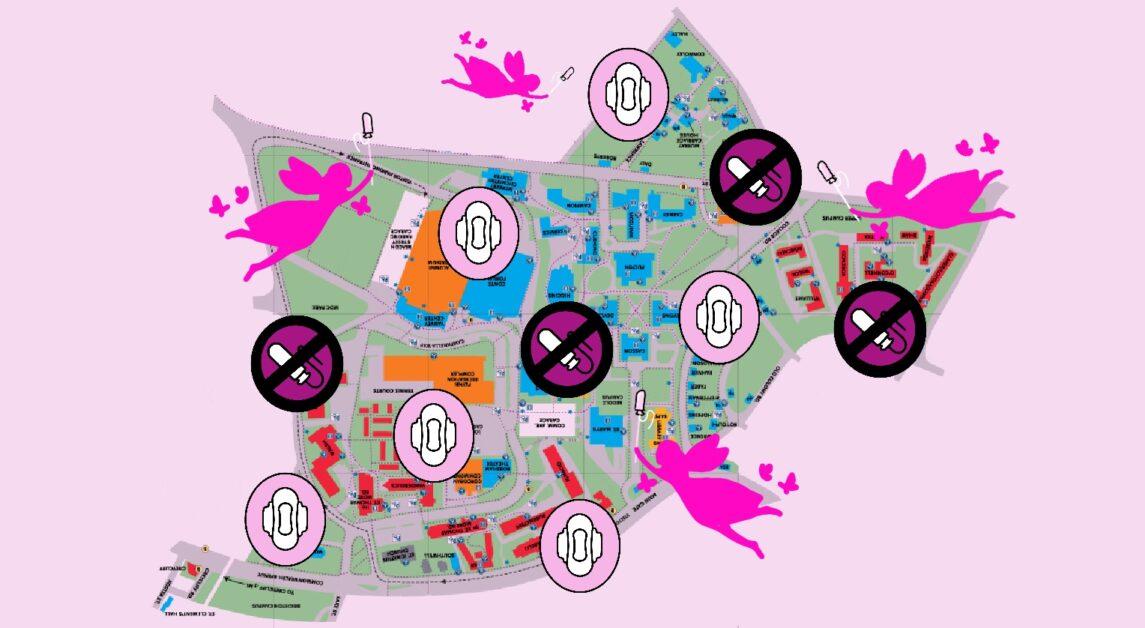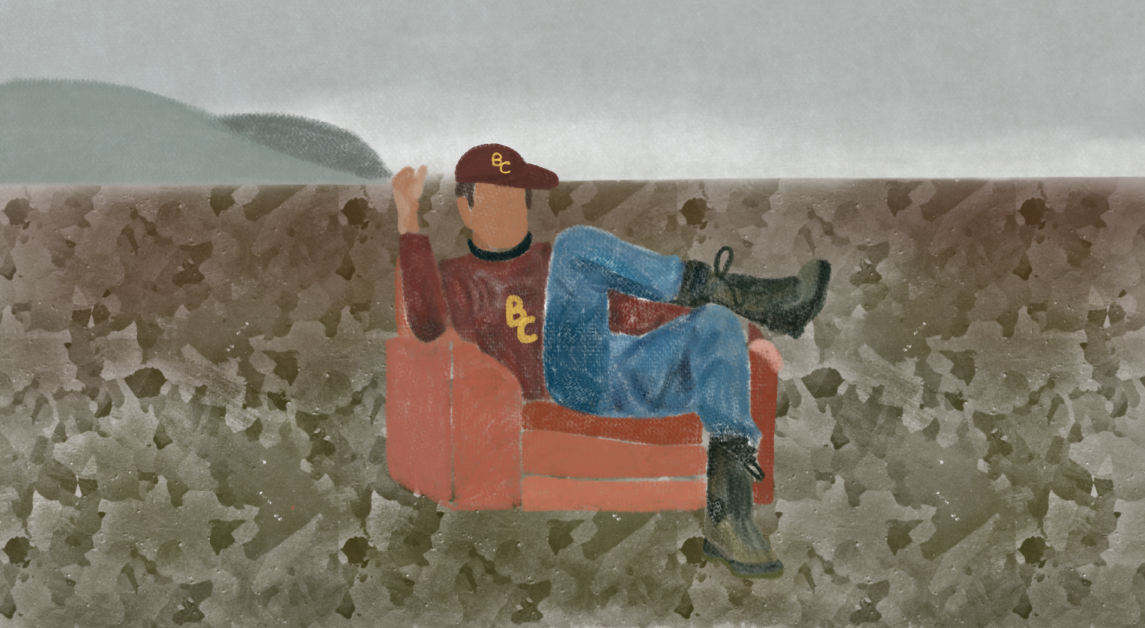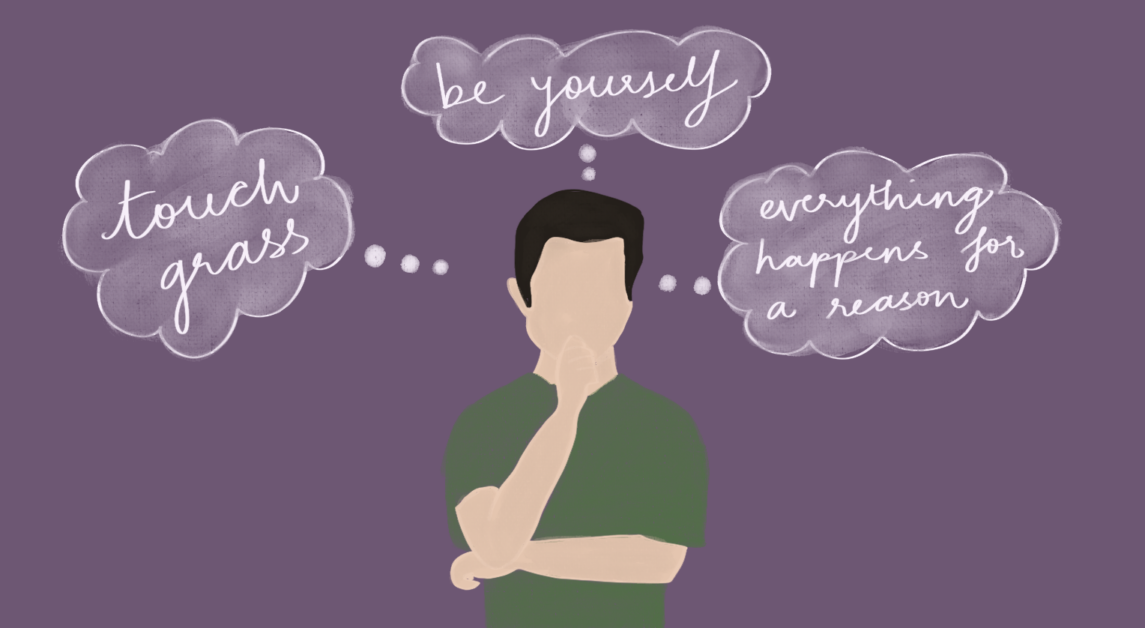It’s called a paradigm shift, and when it happens, our understanding of a given scientific concept completely changes. It doesn’t happen often, but when it does, dramatic change occurs. New equations are formulated, some old ones are discarded or reworked, and the general theory behind a given phenomenon becomes generally regarded by the scientific community as factually incorrect.
One notable example of this is the switch from Newtonian mechanics to special relativity, which helps us to better understand the way objects move and interact with each other. The Newtonian model had been around for hundreds of years before it was overturned, but its history didn’t keep it from losing weight as a truly accurate model of how the world works. Despite the discovery of relativity, though, Newtonian mechanics is still taught in physics classes as a “good approximation” to reality, because special relativity can be pretty confusing.
Relativity was posited fairly recently by Albert Einstein, and as it turns out, it isn’t that different, in practice, from the Newtonian model-until you start talking about objects moving at extremely high speeds.Time appears to slow down and everything around you seems to change shape as you speed up-basically, Einstein’s relativity is normal physics on LSD.
As far as anyone could tell for the almost 300 years leading up to this paradigm shift, the Newtonian model worked perfectly. There was no way to observe anything travelling near the speed of light back in the 1600s, and Newton’s laws worked for anything anyone could detect on Earth (very reliably, in fact), so it was accepted as the ruling scientific model for physics.
Other historic scientists have been even more unlucky than Sir Isaac Newton. The second-century Roman scientist Ptolemy created a model of the solar system that lasted for over 1,000 years. Its main feature that led both to its popularity and its eventual downfall was its egocentricity-his model had the Sun and the other planets revolving around the Earth, rather than the heliocentric view that is now accepted.
Clearly, science isn’t always right, but that doesn’t mean that it isn’t useful. It is our greatest tool-greater than can openers, toothbrushes, or those windshield ice scrapers. Given its track record of producing incorrect models and theories, however, is it realistic to assume that science can give us an accurate picture of reality, or is it just another tool that we can use to increase the quality of our lives?
Consider the following example: You notice that dogs always seem to have four legs and wonder if it is the case that all dogs everywhere are born with four legs. For years and years, you pay special attention every time you see a dog, counting to make sure it has exactly four legs. Your entire life, you never see a dog with two, three, five, six, or seven legs-always four. This doesn’t, however, necessarily give you enough evidence to say with certainty that all dogs have four legs. After all, there could be a breed of dog out there somewhere in the Amazon jungle with two extra legs coming out of its side, which would make your hypothesis wrong. And you’d have no way of knowing.
This is called underdetermination in science-basically, you can’t take many observations, no matter how many, and logically say that the phenomenon you are observing is an absolute truth, because there could always be one exception to the rule.
The thing about science is that it isn’t quite as objective as it’s chalked up to be. Sure, there’s a method to it, it seems to progress forward, and you can make some pretty cool things with it, but at some point there’s a judgment involved. Whether it is how much evidence is enough to change what we believe about the solar system or how many four-legged dogs is enough to decide that all dogs are four-legged, there is some level of subjectivity involved.
No matter what you believe, you probably believe in something (like matter itself, or gravity, or evolution). What exactly you believe, however, may change a little through the course of your life, and it could just be wrong alltogether. Extreme skepticism of science can hinder progress and make for an uneducated society, but blind acceptance of everything it suggests to be true can produce the same effects.
Maybe it’s time to shift the paradigm through which we view knowledge and accept that it’s okay to put a little faith in science-just maybe not all of it.






